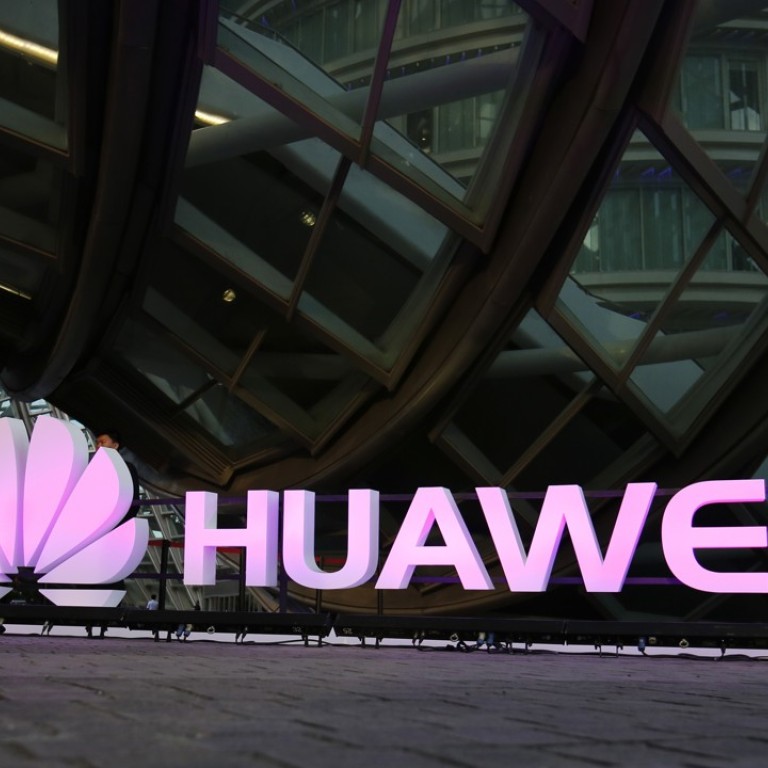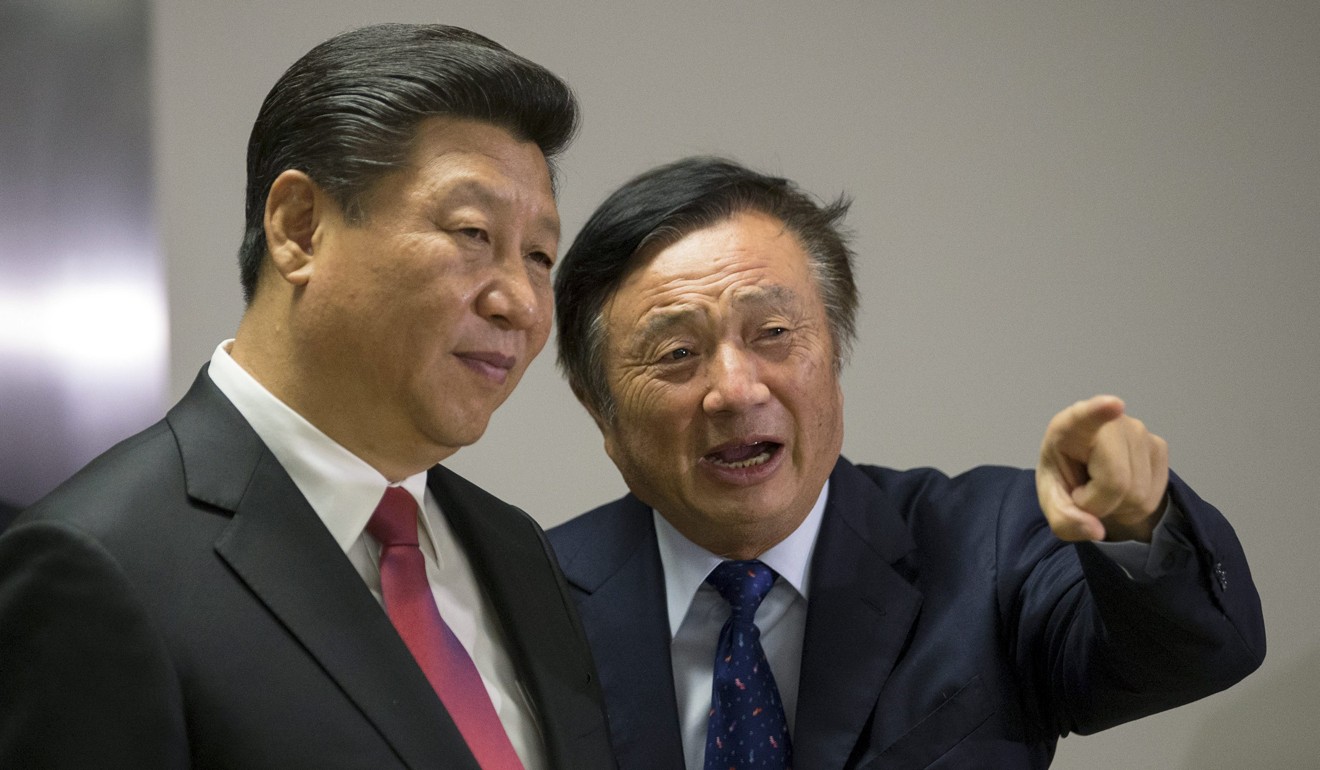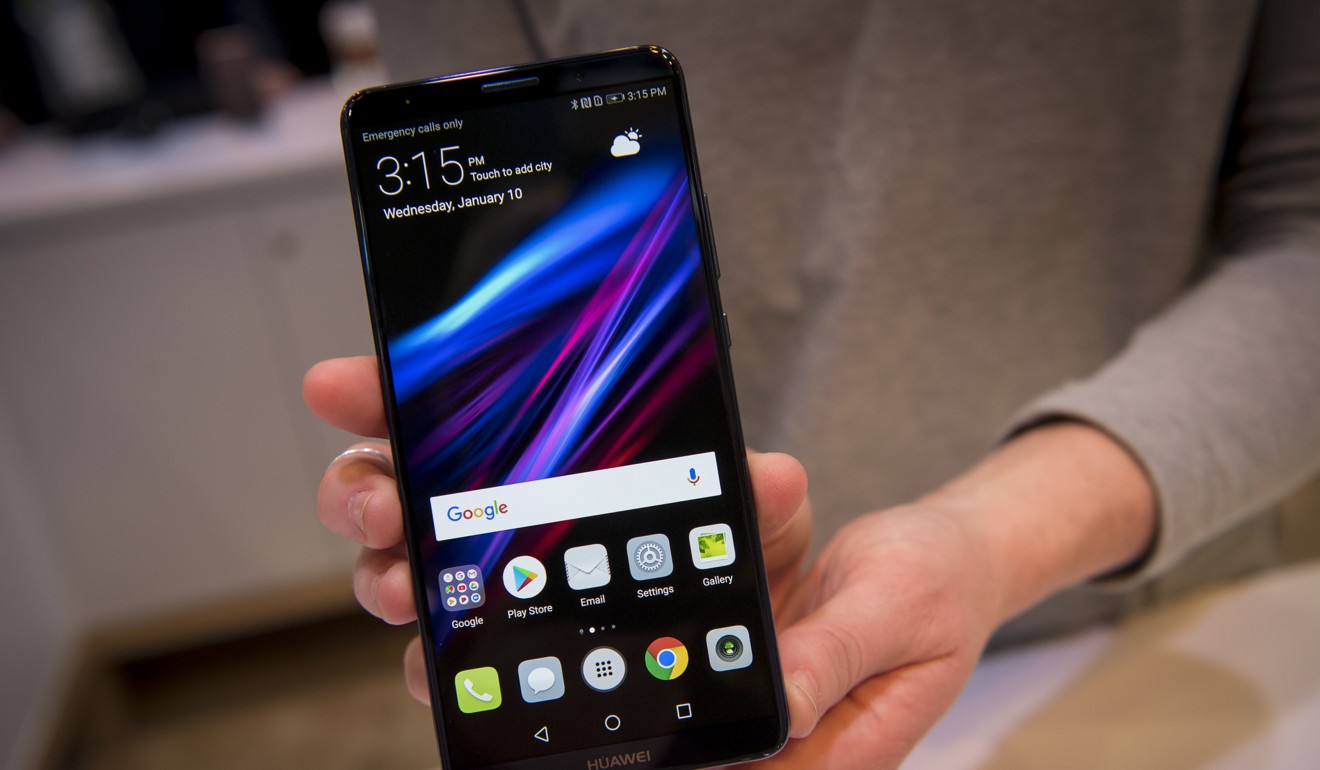
Huawei founder says it’s ‘all hands on deck’ to fight on after US market snub
Huawei founder Ren Zhengfei has built a company renowned for its ‘wolf culture’ of bloodthirstiness, tenacity and teamwork. A week after failing to land a US telecoms carrier as a distribution partner, Ren tells employees to “venture bravely on the broad avenue of revolution.”
Ren Zhengfei, the founder of Chinese smartphone maker Huawei Technologies, has called on the company’s 180,000 employees to pick themselves up and steel for a fight, a week after its plan to enter the US market was dealt a severe blow.
Huawei faced a setback earlier this month after AT&T, the No. 2 US telecommunications carrier, dropped out of talks to distribute its flagship Mate 10 phone, reportedly under pressure from US lawmakers concerned about the Shenzhen-based company’s ties to the Chinese government. The deal was an important plank of Huawei’s US expansion strategy because more than 90 percent of smartphones are sold through bundled deals by carriers.
With 5G roll-out looming, getting US consumers familiar and comfortable with the Huawei brand is also an important preparatory step for the company to make inroads into the US network infrastructure market.
“Falling down counts for nothing, we should get up and fight again,” Ren said in comments posted on Huawei’s official online forum. “We will reach Mount Everest.”
While Ren did not refer to AT&T or US expansion plans by name, he made similar comments in 2011 when the company lost a deal with Sprint Nextel to upgrade its network due reportedly to pressure from the US commerce department. Huawei is well-known in China for promoting a “wolf culture” of blood-thirstiness, tenacity and teamwork.

In the comments posted on Wednesday under the title “Birds that don’t die from fire are phoenixes”, Ren called on Huawei employees to subject themselves to self-criticism and purify themselves of “impurities” through hardship, likening the process to how iron ore is forged into steel by searing heat. He also asked the company’s staff to venture forth “bravely on the broad avenue of revolution”.
In 2011, after the rejection of the Sprint-Nextel deal, Ren said that the US’s “pride and prejudice, on the contrary, helps us stand tall and face competition directly”.
Ren, who is 74 this year, was born into a rural family and spent his early years in a remote mountainous town in Guizhou province. He joined the army’s engineering corps, where he established a chemical fibre factory and rose to the equivalent rank of a deputy regimental chief, according to his bio on the Huawei website. After retiring from the army in 1983 when the Chinese government disbanded the engineering corps, he worked in an oil company before starting Huawei in 1987.
At this year’s CES trade show in Las Vegas, Huawei had prepared for a big announcement for what would be its first alliance with a major US carrier. When AT&T walked away from the deal, Richard Yu, Huawei’s consumer chief, said that the company had been “harmed again.”
Yu went to tell a gathering of hundreds of journalists and partners at his keynote presentation the following day that the breakdown in talks was a big loss not just for the company but also for the carriers and consumers.

US lawmakers are urging AT&T to cut commercial ties to Huawei and oppose plans by telecom operator China Mobile to enter the US market because of national security concerns, Reuters reported on Tuesday. Some US media reports also said that Verizon, another major US carrier, is facing political pressure to cancel the launch of a Huawei smartphone later this year.
“Huawei has just set sail its aircraft carrier,” Ren said in the posting. “It requires all hands on deck.”

